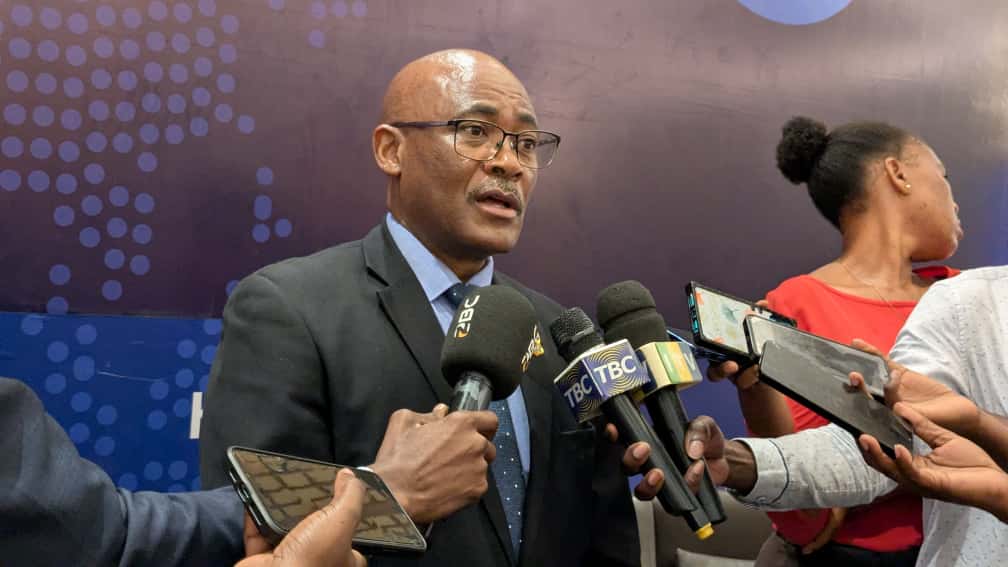Dar es Salaam. As the world prepares for the 30th United Nations Climate Change Conference (COP30), experts have unveiled a new strategy to use Artificial Intelligence (AI) in addressing climate change.
AI is a technology that enables computers and machines to mimic human intelligence, such as learning, reasoning, decision-making, and creativity, across various sectors including health, education, finance, marketing, environment, and communication.
For the first time, Tanzania is hosting an international conference dedicated to the use of AI in combating climate change. The two-day meeting, taking place in Dar es Salaam on October 8 and 9, 2025, has attracted experts from several countries including Brazil and South Korea.
According to Prof Peter Msoffe, Deputy Permanent Secretary in the Vice President’s Office (Environment), AI can play a vital role in environmental conservation, climate change mitigation, and biodiversity protection.
Brazil’s Ambassador to Tanzania, Gustavo Nogueira, said modern technology can significantly help reduce carbon emissions, enhance resilience, and support recovery in areas most affected by climate change.
“AI can be used to analyze and predict the impacts of climate change and environmental degradation,” he explained. “To make this work, there is a need to increase information centers and strengthen the technological infrastructure,” he added.
Ambassador Nogueira further emphasized that AI offers wide benefits, including promoting sustainable development and environmental protection. He called on governments and stakeholders around the world to collaborate in ensuring that AI is not only used for conventional purposes but also for enhancing environmental resilience.

Dr Richard Muyungi, the Presidential Adviser on Climate Change and Environment, said the discussions also focus on mobilizing financial resources, building capacity, and investing in modern technologies that are rapidly advancing.
Dr Muyungi, who also chairs the African Group of Negotiators (AGN), noted that the meeting examines both the potential and the risks associated with AI applications in environmental management.
He added that hosting this pioneering conference in Tanzania is a great honor and recognition by the United Nations.
“This initiative opens opportunities for young people to develop innovative technological solutions to tackle climate change,” he said. “We must ensure Tanzanian youth are part of this movement, and the good news is that Tanzania has been designated by the African Union as one of the youth training centers for environmental issues,” he added.
Korea’s Ambassador to Tanzania, Ahn Eun Ju, echoed similar sentiments, stressing that AI must be harnessed to support climate action and accelerate innovation toward a green economy.
“Korea is committed to leveraging innovation and technology to address global challenges and climate crises,” she said.
Tanzania is among the countries expected to participate in COP30, to be held in Belem, Brazil, from November 10 to 21, 2025. The Tanzanian delegation will represent national interests and is expected to be led by the President of the United Republic of Tanzania.


